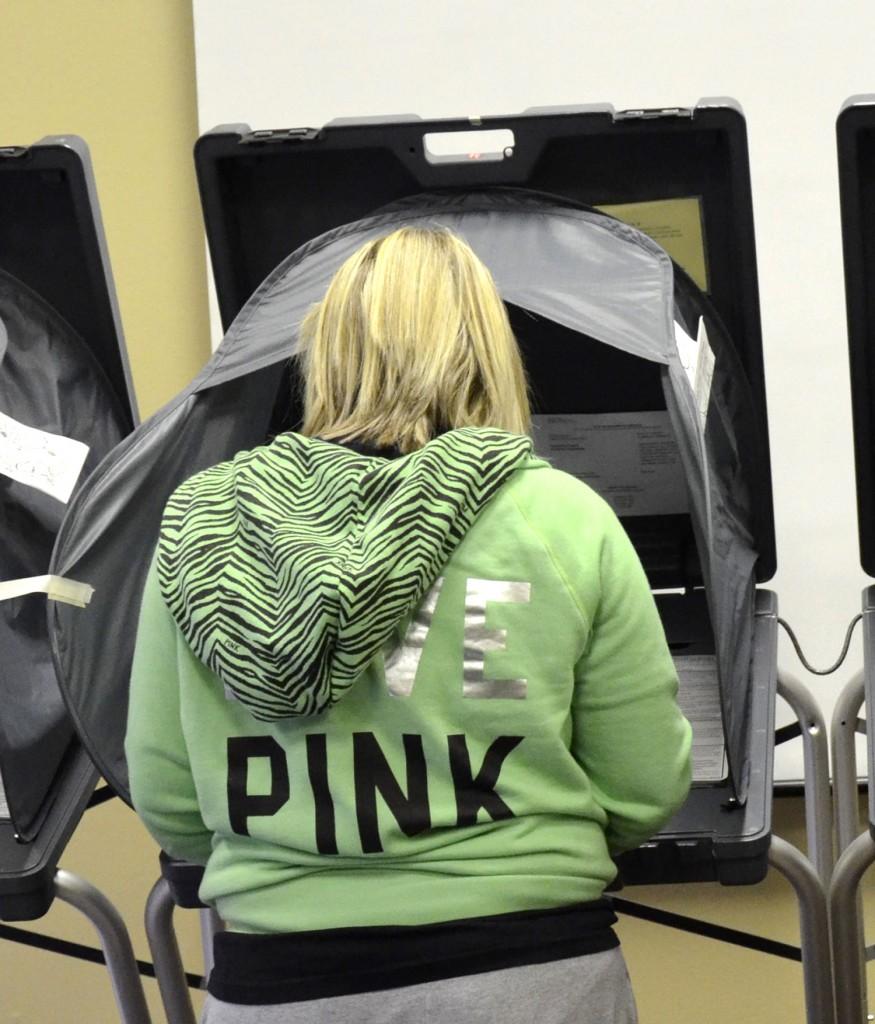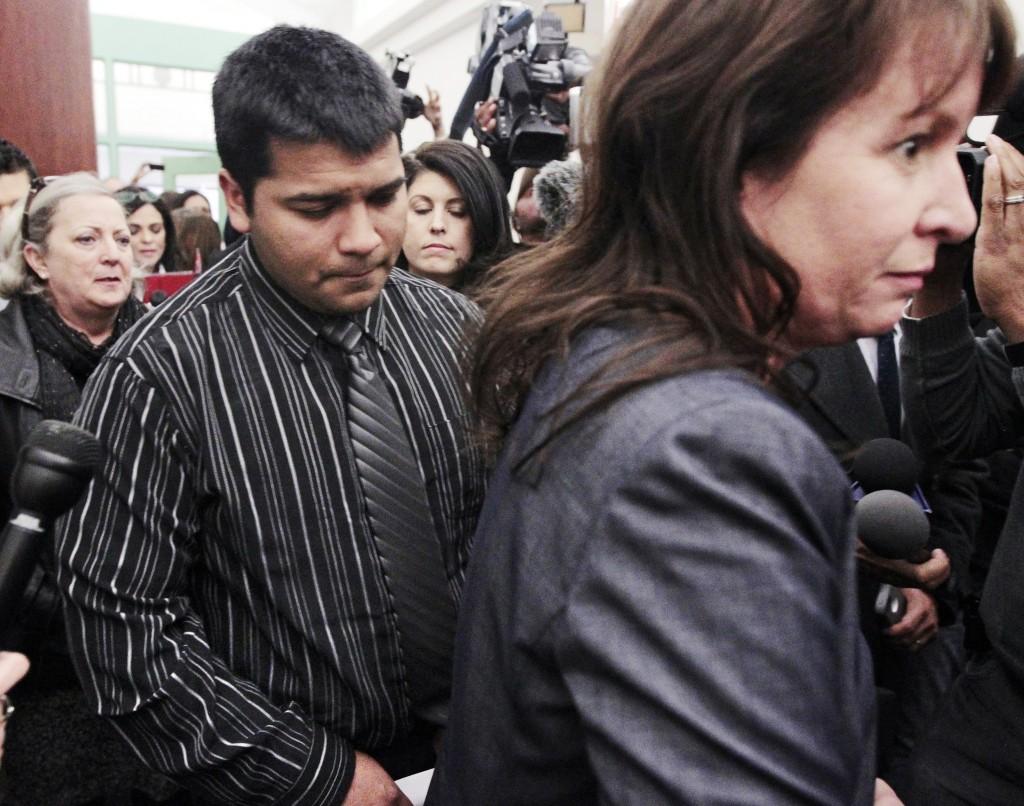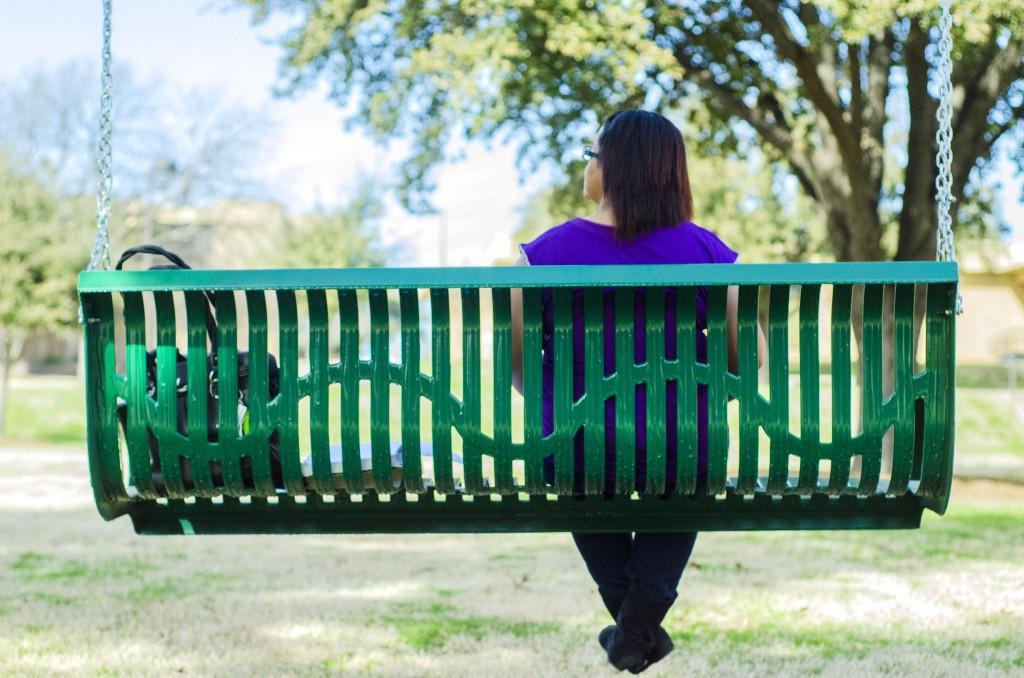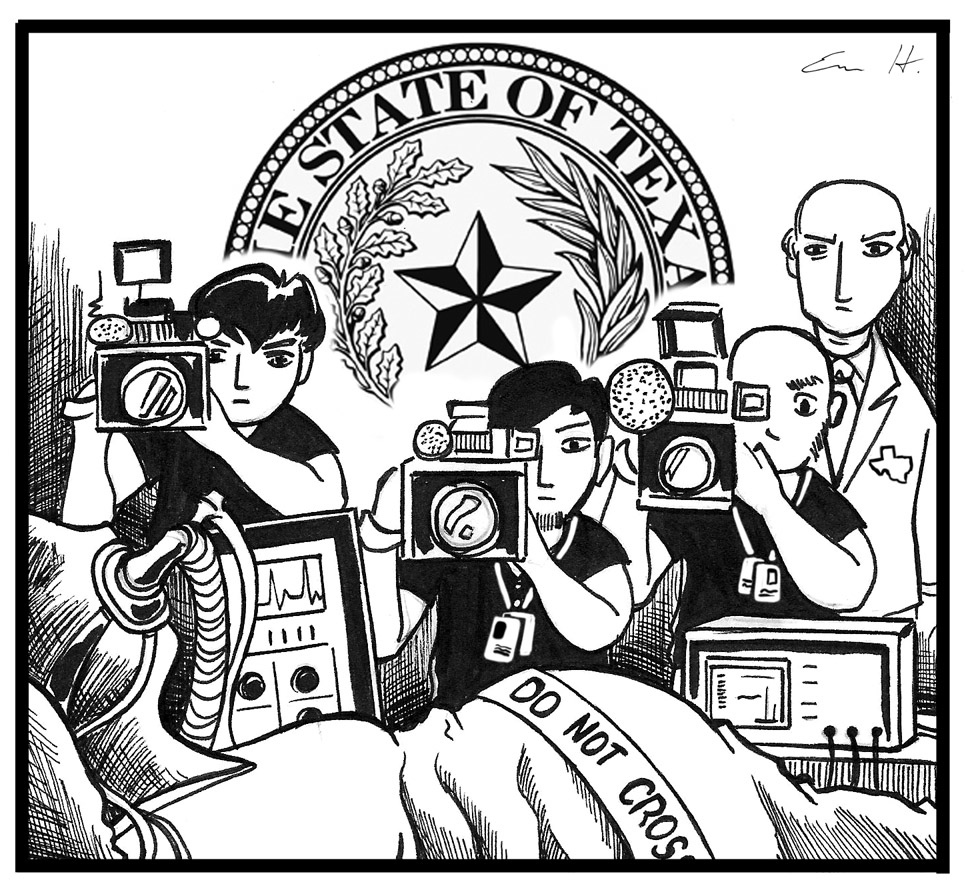By Erin Ratigan/tr news editor
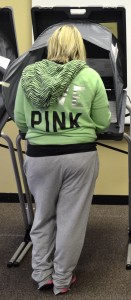
Only 17 percent of eligible young Texans voted in the 2008 presidential primary, according to the Pew Research Center.
Though this percentage is low, it had nearly tripled since 2000 when the youth voter turnout rate was 6 percent. These numbers are even lower for state and local elections, such as the upcoming state primary March 4. The deadline to register to vote in this election is Feb. 3.
NE government instructor Kimberley Harper believes apathy, distractions and feelings of alienation are to blame for the youth turnout statistics.
“I try to really stress to my students the struggle that people have gone through to be able to vote,” Harper said. “People have died for young people to have the right to vote.”
This lack of motivation has led to the formation of youth-based political action groups like Rock the Vote. However, Texas has maintained one of the lowest turnout rates in the nation for both the youth and popular vote.
Jamie Reese, a NE teaching major, said she often tells her friends to vote.
“Unlike a lot of people, we have the ability to change what’s going on in our government,” Reese said. “If you don’t vote, you’re basically throwing away the right that no one else has the opportunity to.”
This opinion was echoed by NE psychology major Dominic Herdman, who said voting is important.
“America is one of the few countries where you’re given the chance to affect the government, the politics and the country in general,” he said. “So I think that if you’re given that opportunity, you should take it if you can.”
Texas has the strictest voting laws in the nation and requires citizens to be registered at least 30 days before voting begins. Since the implementation of a controversial ID law, voters must provide photo identification at the polls, as well.
For the past two years, the NE government department has hosted voter registration drives. In 2013, more than 200 students registered during the drive.
Harper participated in the drive and said it was a rewarding experience. She said once students became informed of their political worth, they were eager to register.
“It [voting] is political power. And who doesn’t want to be as strong as they can be?” she said. “If you don’t want to persuade government, I promise you someone else does.”
During the ’08 election, the number of voters aged 18-24 increased nationwide by 5 million, and 64 percent of them were first-time voters, according to a 2009 census estimate. That year marked the second-highest rate of youth voting in a presidential election in American history.
The importance of capturing the youth vote has not gone unnoticed by politicians. One of the most popular means of mobilizing young people is through social media. President Barack Obama alone has more than 40 million followers on Twitter.
Other political players in the media world include entertainment programs like The Daily Show and The Colbert Report. Harper said these shows are useful in motivating students because they use comedy to address important issues. She said this makes it easier for students to understand the relevance of an issue and encourages them to conduct research of their own.
“The information aspect is really important, and I think that’s helping big time with young people,” Harper said.
Harper believes this trend is a good thing.
“If we say it’s ‘of the people, for the people, by the people,’ that should be all the people and not just a certain kind of person,” she said.
Those interested in registering can complete an application form at their local post office. The application is also available at www.votetexas.gov.






















